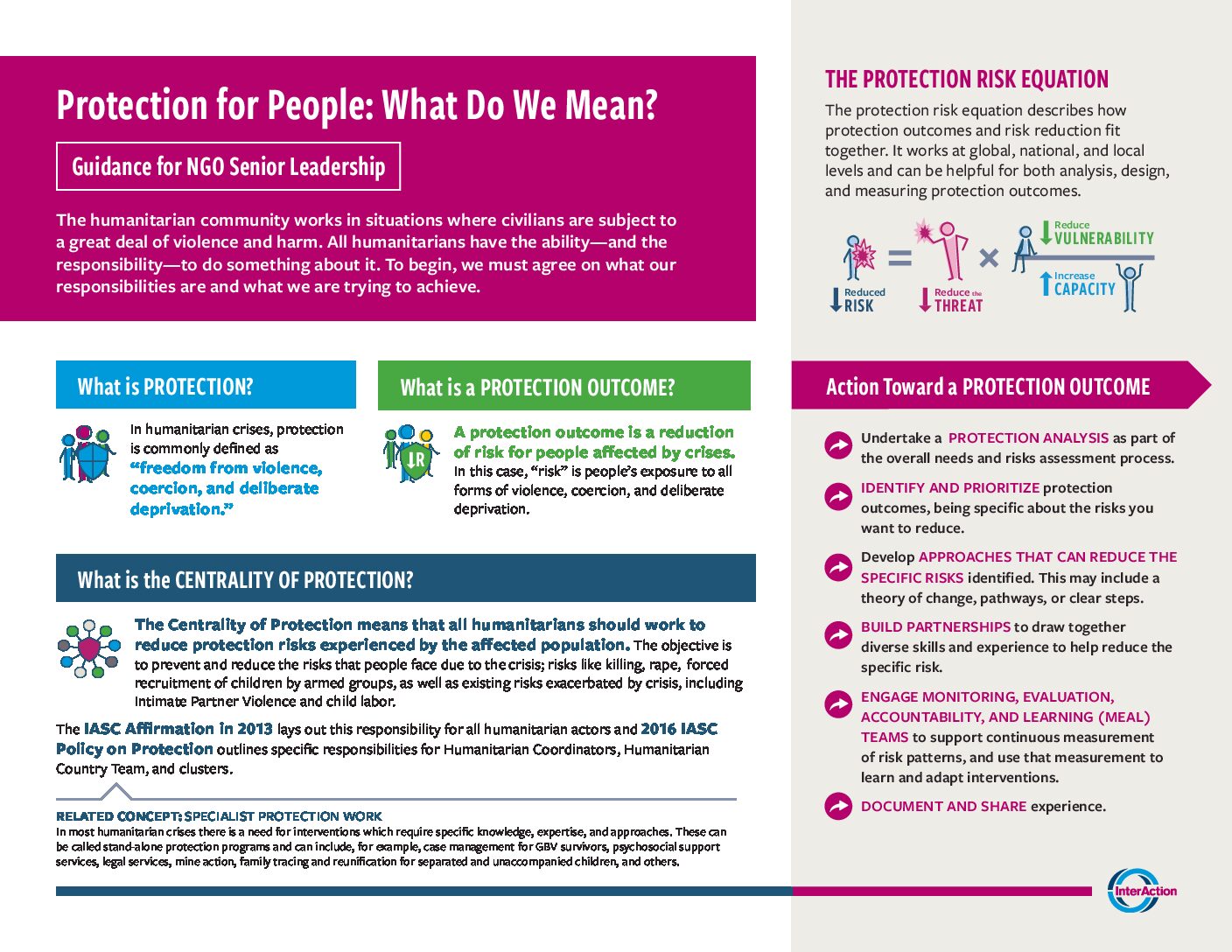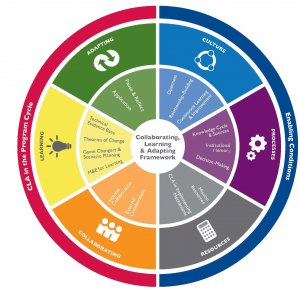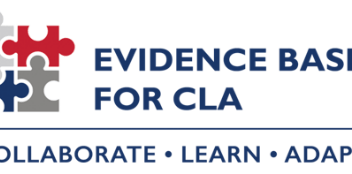Featured Resource
 Protection for People: What Do We Mean? Guidance for Senior Leadership
Protection for People: What Do We Mean? Guidance for Senior Leadership

InterAction has published and collected resources including tools, reports, project evaluations, blogposts, and others from Members and partners that promote results-based approaches to protection since 2012; all of which can be found in this resource library. To explore practical case examples of RBP in practice, visit the case example page. Background photo By: Simon Moricz Sabjan is licensed under the CC BY-NC 4.0 license.
This free online learning course aims to raise awareness about the key components of effective communication with crisis-affected communities, and to build knowledge and skills on how to communicate in practice.
This USAID Learning Lab podcast focuses on the learning component of Collaborating, Learning, and Adapting (CLA) at the project and organizational levels.

This podcast focuses on the adaptation component of CLA at the project and organizational levels. The first segment of the episode follows a program focused on the capacity building of local staff. The second segment focused on how processes and ensuring feedback loops can facilitate adaptation. The final segment follows a resilience project in the Sahel that intentionally planned adaptive activities from the outset of the project

The USAID Learning Lab is taking the conversation on CLA further with a new podcast series — From the Inside Out: Achieving Better Development Outcomes through Collaborating, Learning, and Adapting. This series is designed to empower staff and partners with evidence, resources, and tips to help practitioners build upon their CLA savviness and incorporate good CLA practice into their work.

“Constructive deconstruction: future humanitarian action” is a podcast series exploring ODI’s Humanitarian Policy Group’s two years of research on re-imagining the humanitarian system, using design thinking to look at the humanitarian system through the perspective of the end-user.

In this 90-minute online session, panelists explored the link between efficient humanitarian response and funding. What makes the humanitarian response more efficient, and how does this lead to more efficient use of available resources? Are donors adopting best practices for financing and for practical improvements that will facilitate your work? Will increased efficiency help bridge the humanitarian-development divide? And does increased efficiency comes with a price in terms of a principled approach?

The panelists unpacked some of the different ways that prioritization has been done, shared good practices from the field, and looked at what an ideal model of prioritization might look like.
Throughout May and June 2015, the InterAction Results-Based Protection Program carried out several interviews, hosted an online discussion forum, and held a series of webinars with guest speakers on the development of protection strategies across different contexts.
On January 26th, 2015, the Results-Based Protection Program held a webinar and launched a discussion forum on Communicating with Communities: Analyzing the role of information and the flow of communication with affected populations to address protection outcomes.
On Thursday January 21, 2016 from 9:00-10:00 AM EST, DME for Peace and InterAction hosted a discussion on What Works in Measuring Peacebuilding and Protection Programs with Crisis Affected Populations?

"*" indicates required fields